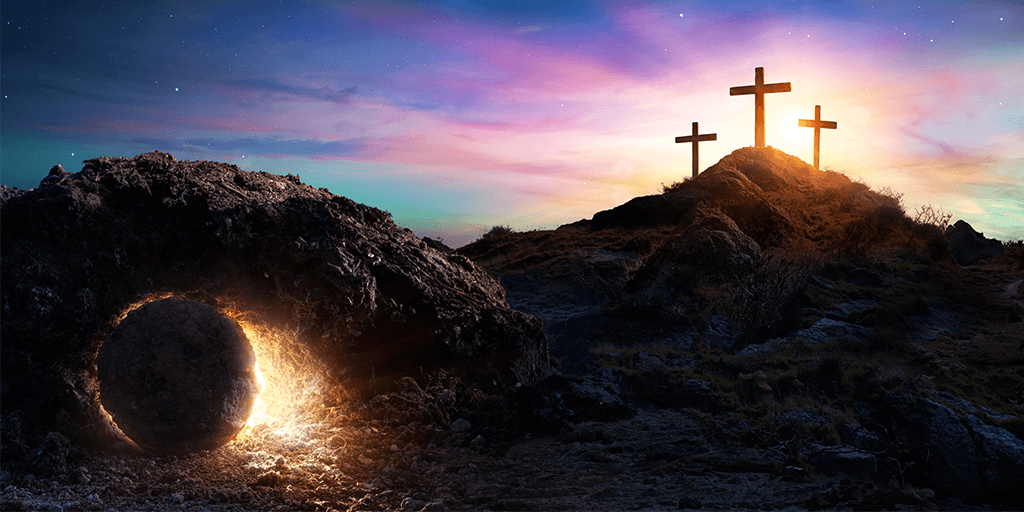Apostles’ Creed: Maker of Heaven and Earth

I asked the earth; and it answered, “I am not He;” and whatsoever are therein made the same confession. I asked the sea and the deeps, and the creeping things that lived, and they replied, “We are not thy God, seek higher than we.” …I asked the heavens, the sun, moon, and stars: “Neither,” say they, “are we the God whom thou seekest.” And I answered unto all these things which stand about the door of my flesh, “Ye have told me concerning my God, that ye are not He; tell me something about Him.” And with a loud voice they exclaimed, “He made us.” – Augustine, Confessions[1]
Who—or what—is God, this one the Apostles’ Creed identifies as the “Maker of heaven and earth”? “In the beginning, God created the heavens and the earth” (Genesis 1:1). That is the very first declaration of our Bible. Albert Mohler explains four things this verse reveals to us about God:
Right from the start, Genesis 1:1 establishes some central and essential truths about God. First, God is eternal, existing prior to creation. Second, God is infinite, not bound by the heavens and the earth. Third, God is omnipotent, speaking creation into existence. Finally, God is independent, not relying on anything in creation. These truths are taught in those first four words of Scripture, “In the beginning, God.”[2]
Notice that this verse does not give any details at all about the process of creation. Theologians speak of creation ex nihilo—out of nothing. Beginning in verse 3, we read that God simply spoke and brought light (and everything else) into existence. The “how” is never explained. What we do know is the why. All things were created “through him and for him” (Col. 1:16). Mohler explains, “Scripture teaches that God does all things for his own purpose and his own glory.…”[3]
Remember that when God created the world He declared everything He made to be “good” (vs. 3, 9, 12, 18, 21, 25, 31). But when Adam and Eve chose to disobey Him, God pronounced a curse upon the “good” things He created. Does this mean that this world is no longer good? No, as Richard Pratt explains, “It is still God’s world, and it is still fundamentally good.”[4]
We also know that God did not simply speak the world into existence then simply sit back. He remains invested in His creation in an astonishing way. “For God so loved the world that he gave his one and only son, that whoever believes in him shall not perish but have eternal life” (John 3:16)
As Mohler explains regarding John 1:1-3, “John’s concise yet profound theology explains how God created with the same Word by which he redeems us. God’s Word spoke all things into existence, and God’s Word took on human flesh to redeem his people.”[5]
“The Word became flesh and made his dwelling among us” (John 1:14).
Isn’t it astonishing that the very God who made us loved us so much that He would go to such lengths to redeem us!
[1] Augustine, Confessions, quoted at http://www.vatican.va/spirit/documents/spirit_20020903_agostino_en.html
[2] R. Albert Mohler, The Apostles’ Creed (Thomas Nelson, Kindle Edition), p. 14.
[3] Mohler, p. 24.
[4] Richard L. Pratt, Jr., The Apostles’ Creed Part 2 (ST312-2) (Third Mill Ministries) https://thirdmill.org/seminary/course.asp/vs/apc, pp. 26-27.
[5] Mohler, p. 23.








